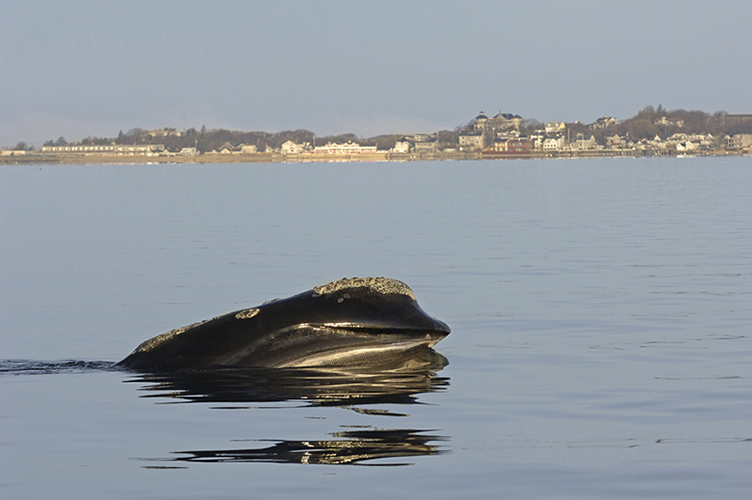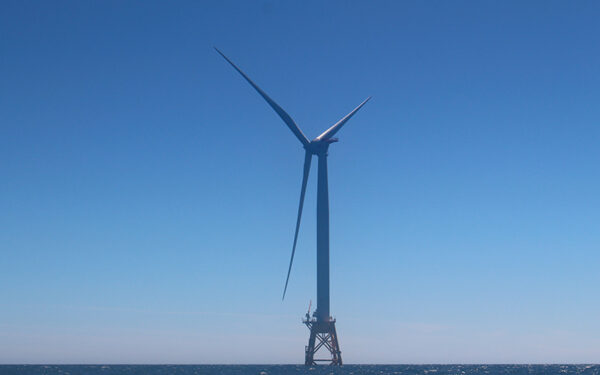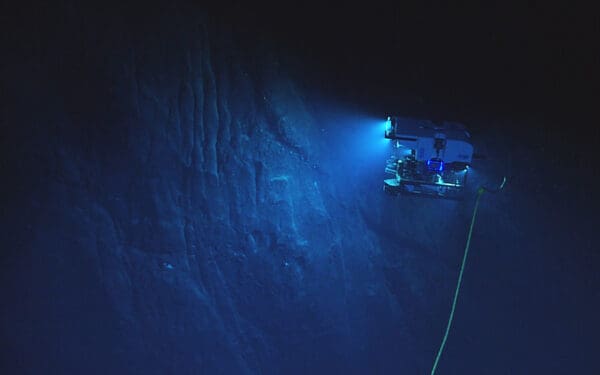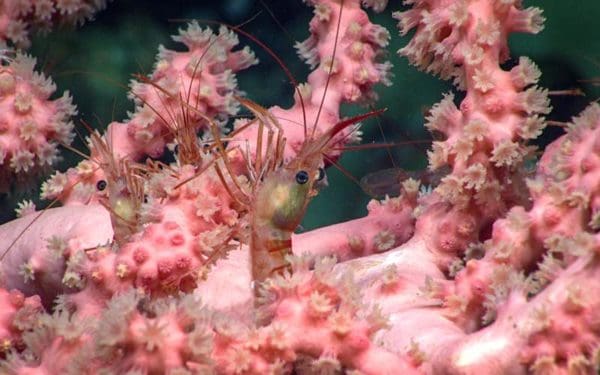
We can't afford to gamble with New England's ocean, wildlife, and coastal communities by drilling for oil and gas in the Atlantic. Photo: Brian Skerry
[Update: On Jan. 4, 2018, the Trump administration announced a new five-year plan that would open up most U.S. continental shelf waters, including protected areas of the Arctic and the Atlantic, to oil and gas drilling. CLF joined 63 other groups in opposing this plan. Read the full joint statement here.]
Over the past year, we’ve witnessed an assault on our country’s natural resources and the regulations that protect them. The Trump administration seems wholly intent on exploiting those resources for short-term economic and political gain – and even more intent on ignoring the will of the American people and this country’s long legacy of protecting precious open spaces for the benefit of all.
The President has placed our oceans squarely in his crosshairs. Within just a few months of taking office, Trump pledged to open the Atlantic to oil and gas drilling (undoing his predecessor’s moratorium on such damaging activity). At the same time, his secretaries of the Interior and Commerce are actively targeting marine national monuments, including the Atlantic’s only monument, the Northeast Canyons and Seamounts.
Drilling in the North Atlantic Isn’t Worth the Risk
It’s hard to overstate the impact that such rollbacks would have. Since 1977, CLF has led efforts to block offshore drilling in the North Atlantic, particularly in the area of Georges Bank. Our efforts were instrumental in winning drilling moratoria in the legendary fishing grounds through 2012.
We oppose offshore drilling for the straightforward reason that a healthy, thriving ocean is worth far more to our region than the oil and gas that potentially lies beneath the waves. From fishing to recreation to coastal tourism, a healthy ocean contributes more than $17.5 billion to New England’s economy every year.
Not only does drilling threaten fisheries, underwater habitats, and marine wildlife such as the endangered North Atlantic right whale, but it is the wrong solution to the twin challenges of achieving energy independence and addressing climate change. We can’t drill our way to a solution for either.
With Climate Change Already Impacting Our Waters, Drilling is Simply a Bad Idea
The effects of excessive carbon pollution already threaten New England’s ocean and its wildlife. The Gulf of Maine is warming faster than 99 percent of the world’s oceans, placing undue stress on the region’s species and habitats. The idea of further assaulting these waters to produce more climate-damaging fossil fuels, while putting a recovering fishing economy at risk, is shortsighted and unsound.
If we are to break our country’s addiction to fossil fuels, we need to go boldly down the path of clean energy like greater efficiency and renewable power from wind, tides, and sun. We’ve already demonstrated such leadership here in New England, where the nation’s first offshore wind farm is now turning off the shores of Rhode Island. And we are moving forward a major offshore wind project in Massachusetts, which will power a quarter million homes and businesses once constructed.
We don’t need to gamble with New England’s ocean, wildlife, and coastal communities by drilling for oil. That’s why CLF will be opposing any proposals to re-open our precious waters to drilling, pushing to protect more of our unique seascapes, and fighting to make sure that the protected areas we already have, like the Northeast Canyons and Seamounts, remain unscathed.




